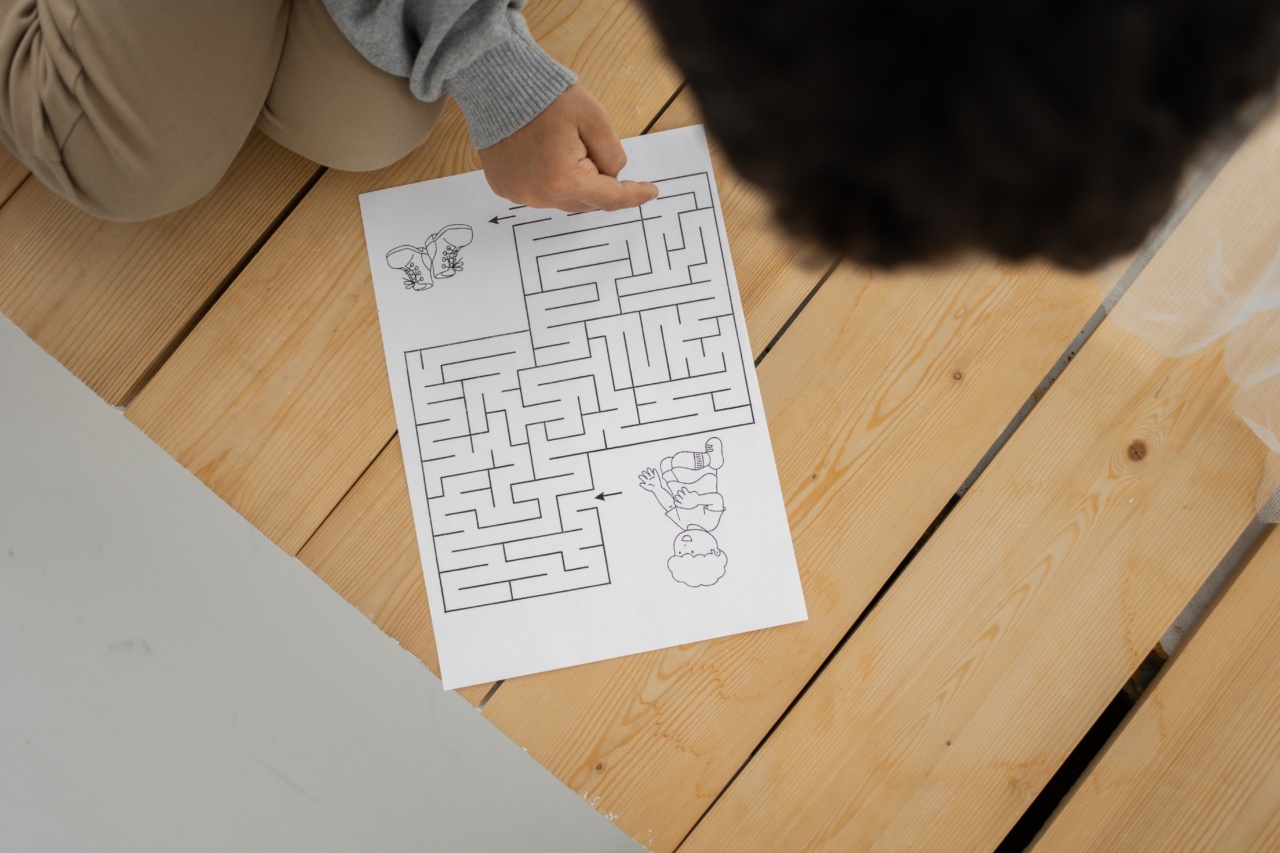As parents, we all know how important sleep is for the growth and development of our children.
But did you know that napping can be just as important for their brain development? In this article, we will explore some of the benefits of napping for children’s brain development.
1. Improves Memory Consolidation
Napping can help with memory consolidation. This is the process by which information is transferred from short-term to long-term memory. During sleep, the brain processes and consolidates memories from the day, making them easier to recall later on.
A study published in the journal Nature Neuroscience found that a 90-minute nap can significantly boost a child’s memory consolidation.
2. Enhances Learning Ability
Naps can also enhance a child’s learning ability. When children are well-rested, they are better able to concentrate and understand new concepts.
A study from the University of Massachusetts Amherst found that preschoolers who took naps after learning new information performed better on a memory task than those who did not nap.
3. Reduces Stress and Anxiety
Napping can help to reduce stress and anxiety in children. This is because sleep promotes the production of serotonin, a neurotransmitter that helps regulate mood. Additionally, napping can help to lower cortisol levels, a hormone associated with stress.
A study published in the journal Pediatrics found that napping can help preschoolers better regulate their emotions.
4. Boosts Creativity
Napping can also boost creativity in children. A study published in the journal Sleep found that children who napped were better at solving creative puzzles than those who did not nap.
The researchers hypothesized that this is because napping allows the brain to make new and unexpected connections.
5. Supports Physical Health
Napping can also support physical health in children. Sleep is crucial for cell repair and growth, and it helps to strengthen the immune system.
A study from the University of California, San Francisco found that children who napped regularly had higher levels of immune system activity than those who did not.
6. Improves Behavior and Attention
Napping can also improve behavior and attention in children. When children are well-rested, they are less likely to be irritable or have behavior problems.
A study from the University of Colorado Boulder found that preschoolers who took naps were less prone to hyperactivity, tantrums, and emotional outbursts.
7. Reduces the Risk of Obesity
Napping can also help to reduce the risk of obesity in children. This is because sleep deprivation has been linked to an increased risk of obesity.
A study from the University of Chicago found that children who slept less were more likely to be overweight or obese. Napping can help to ensure that children get the sleep they need.
8. Aids in Recovery from Illness
Napping can also aid in recovery from illness. Sleep is important for healing and repairing the body, and it can help to strengthen the immune system.
A study from the University of Pittsburgh Medical Center found that napping can improve the immune response in children with respiratory illnesses.
9. Promotes Regular Sleep Patterns
Napping can also promote regular sleep patterns in children. When children nap at the same time every day, it helps to establish a consistent sleep schedule. This can make it easier for children to fall asleep at night and wake up in the morning.
A study from the University of Colorado Boulder found that regular napping can help to improve the quality and duration of nighttime sleep.
10. Improves Mood and Well-Being
Napping can also improve mood and well-being in children. When children are well-rested, they are more likely to be happy, alert, and engaged in their activities.
A study from the University of Massachusetts Amherst found that napping can improve mood and reduce negative emotions in preschoolers.
Conclusion
Napping can have numerous benefits for children’s brain development.
It can improve memory consolidation, enhance learning ability, reduce stress and anxiety, boost creativity, support physical health, improve behavior and attention, reduce the risk of obesity, aid in recovery from illness, promote regular sleep patterns, and improve mood and well-being. So, if your child is not already taking a nap, it may be time to start!.































